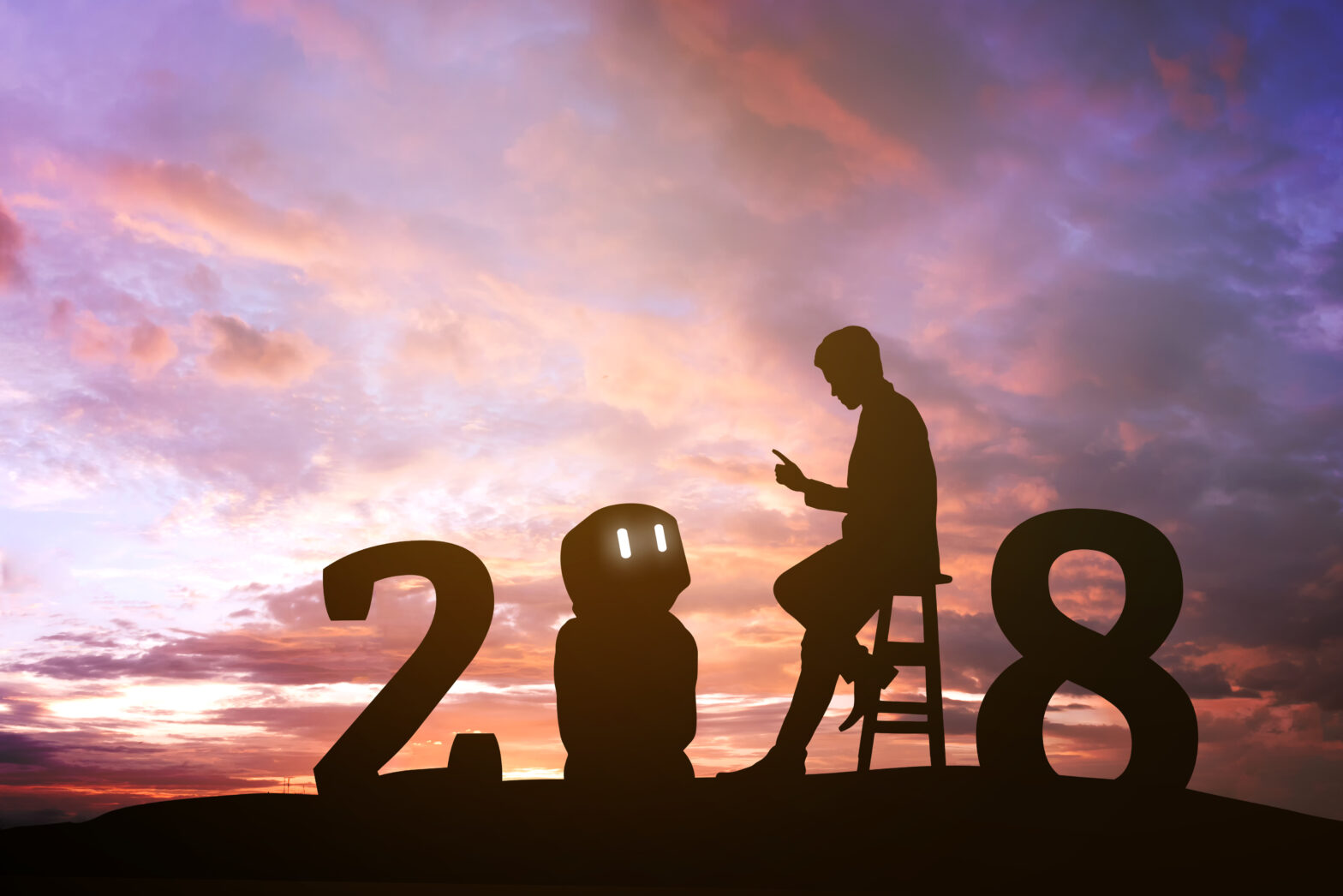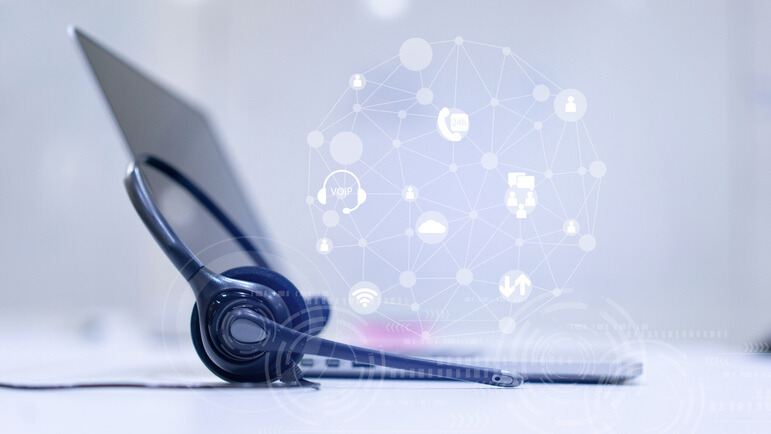With the introduction of the world’s first AI-enabled smartphone and the rise of Intelligent Voice Assistants, 2017 has seen further advances in technology that continue to facilitate our day to day lives. As the year draws to an end, Huawei reveals the technology trends that are set to impact 2018 and beyond.
As part of the Mate 10 Pro campaign; I Am What I Do, Huawei is working with some of Europe’s leading entrepreneurs; from fashion to farming, all of whom use the latest technology to guide and shape the world we live in. Whether it’s 3D printing meals in the comfort of our own homes; browsing social media channels via a contact lens; or relying on Artificial Intelligence to help us achieve our life ambitions, the constant evolution of digital innovation will continue to make the impossible possible in 2018, empowering us to live in a seamless existence.
Walter Ji, president of Huawei Western Europe’s Consumer Business Group, comments, ‘As artificial intelligence becomes deeply embedded into our daily lives, we’re committed as a business to remaining at the forefront of AI innovation using the technology to give people a smarter, faster, more intuitive user experience. We believe technology should empower individuals and help them unlock their potential. We have worked with talented individuals across Europe to identify the key business technology trends of tomorrow and they have highlighted how intelligent, more ‘human’ technology is the future. With our AI capabilities and Chipset-Device-Cloud Open AI Eco strategy, including the creation of the world’s first AI enabled smartphone we intend to remain ahead of the curve and ensure that all our users have a technology experience that enhances their lives.’
Andrew Garrihy, chief marketing officer, Huawei Western Europe’s Consumer Business Group, comments, ‘Thanks to the advancements in technology the way people are using their phone is changing. At Huawei we are committed to bringing AI experiences to life, to empowering our customers and enhancing their smartphone experiences. Over the next 12 months and beyond we’re excited to see how these technologies will evolve to effectively make lives better and to help people fulfil their dreams.’
Technology trends of 2018
Smart is over: Intelligence phones are the new era
Peter Gauden is the global senior product marketing manager at Huawei and believes the future of smartphones lies in their proactivity, making the impossible possible.
‘AI is helping to make our smartphones an even closer companion, accurately predicting what we want to do and when, delivering exactly the right information and experiences at the right time. Huawei has already created the first generation of truly intelligent smartphones which in turn will help provide an opportunity for developers to find new and innovative uses for its processing capabilities. As we continue to understand what AI can do it will become less reactive and more proactive making our lives easier than ever before.’
AI: The next fashion frontier
Monica Calicchio, founder of the disruptive tech-first fashion brand – TailorItaly – believes that emerging technologies will give rise to the most personalised shopping experience ever:
‘The introduction of e-commerce changed the way consumers purchased forever. Now, thanks to AI, VR and AR, online shopping is changing again. We’ll see the big fashion brands integrate VR and AR technology into the online shopping experience, allowing customers to try on outfits anywhere and everywhere – all they’ll need is a smartphone. AI will also massively disrupt both in-store and online customer interactions.
By collecting and learning from customer data, AI will make personalised recommendations to each individual customer, tailoring outfits according to a range of criteria including body shape, style and personal preference. Consumers are already demanding these AI-enabled experiences, with mobile-apps recommending new bands to listen to or new restaurants to try – fashion is the next frontier. In return, consumers will receive a seamless shopping experience that adapts to their lifestyle, just like their tech does.’
Advanced tech meets nature
Timothée Boitouzet, Founder and CEO of the CleanTech start-up, WOODOO, whose client portfolio spans across a range of sectors including luxury, automotive and construction industries. Timothée predicts that consumer demand for ethically resourced materials is the next trend to follow the clean-eating wave:
‘In an increasingly resource-constrained world, it’s vital that we turn to emerging technologies in order to utilise the natural materials we do have effectively, and put them to work in the next wave of devices set for 2018 and beyond. There have already been exciting developments in how we teach old materials, such as wood, to cope with tomorrow’s challenges and in how we industrialise these materials, something we’ll be raising funding for next year.
‘In 2018, we will see an increase of CleanTech brands entering the market that seek to better understand how to use our natural resources ethically and ensure they’re equipped for the technology-age, while larger tech brands will invest a great deal in R&D projects that look to tackle the same issues. But this won’t just be an imperative for brands – consumers will expect clean, natural resources too. Just like the wave of clean, organic eating that came before it, clean technologies will become the next consumer trend.’
The new relationship between man and machine
Oliver Bronner, founder of Berlin-based brand consultancy, Hy.am, believes that humans and their AI-enabled devices could learn more from one another that ever before
‘In 2018, I believe mankind and machine will reach a symbiotic relationship courtesy of Artificial Intelligence. Through the continued usage of our devices for instance, AI will be able to absorb details of our day to day lives – from the news we read, the music we listen to and the content we watch and take these key learnings in order to provide a more personalised experience. As AI continues to become integral to our lives, the technology will not only advise us on news feeds, playlists and TV shows – the things that we enjoy – it will have a say on the things that matter, leading us on a path of self-betterment, whether that’s kicking a bad habit, or fulfilling a life ambition.’
Social media goes 4D
Steve Bartlett, founder and CEO of influencer marketing consultancy, Social Chain, predicts that social media experiences will become so immersive, they’ll seem lifelike:
‘Social media will move from being one-dimensional, to an entirely immersive experience that users can engage with beyond a ‘like’ or ‘retweet’. 360degree content will grow, enabling consumers to share content for people to explore at their own will. Social feeds will be overlaid onto reality, whether that’s through AR-enabled apps such as Snapchat and Instagram, VR headsets, or even via a contact lens. Audio is finding its place with the younger generation and we predict this will continue to increase making the relationship we have with social a lot more conversational – with voice-assistants manning our social pages at our request.’
Consumers will have the most seamless experiences possible, which engages multiple senses, so much so that social media won’t really feel like media anymore, but a reality.
IoT: The smart way to eat
Erez Galonska, CEO and co-founder of the vertical farming start-up, InFarm, predicts that smart technologies will transform how food is brought to the table:
‘In 2018, the Internet of Things will revolutionise the way we produce and consume our food. The technology is already present in the agriculture industry, with smart sensors connecting farms, cows and crops to ensure that production is more efficient. The next step sees humans becoming connected to the food supply chain, with our wearables and smartphones detecting the food we’re consuming, and intuitively recognising the nutrients we’re lacking. Our devices will then relay this information to farmers and grocery stores in order to deliver nutrient-rich produce that is personalised to our individual needs, lifestyles and tastes directly to our door-steps.
‘Thanks to urban farming technology like INFARM’s, we can grow these crops much closer to home, meaning that exotic and nutrient-dense crops don’t need to be shipped across the globe, or leave a damaging ethical and environmental footprint behind. In fact, in years to come, our food could even be grown to match the exact specifications of our individual dietary needs. We would not only be able to virtually eliminate food waste but also use the full potential of vitamins in our foods to prevent, treat, and cure common ailments. Food will once again become our medicine!’




